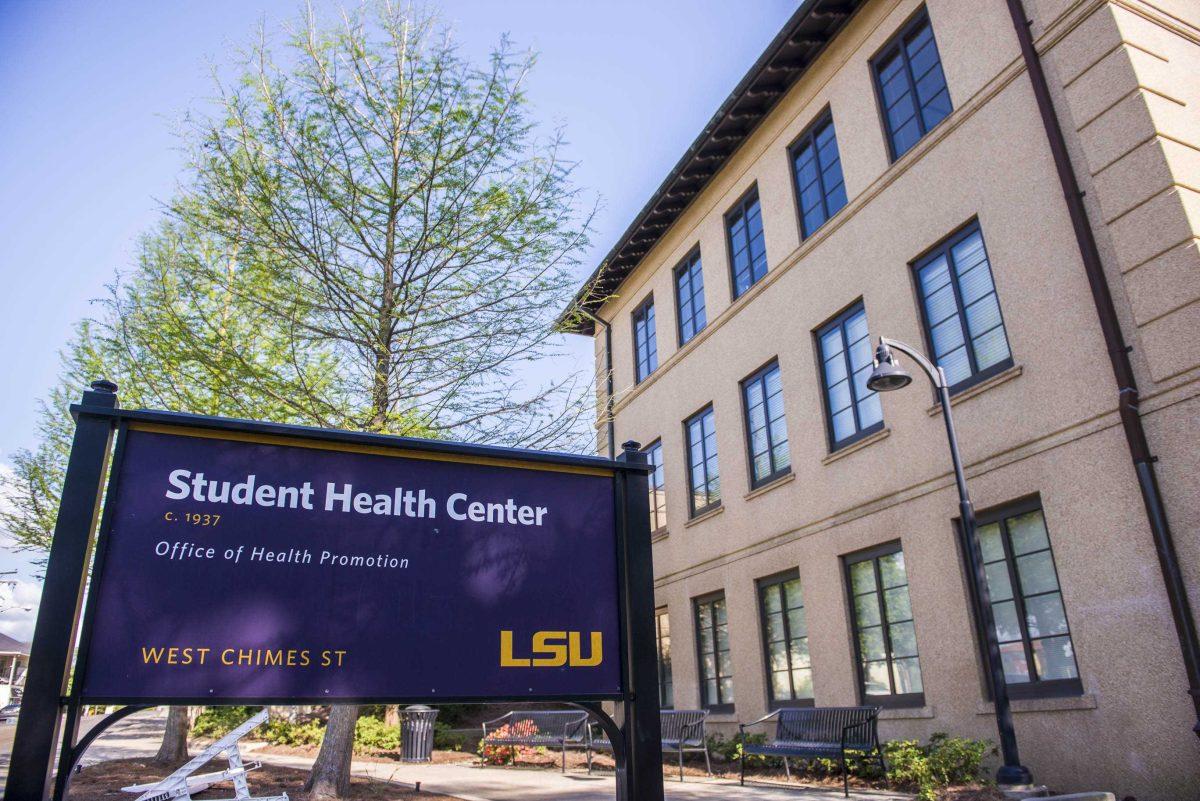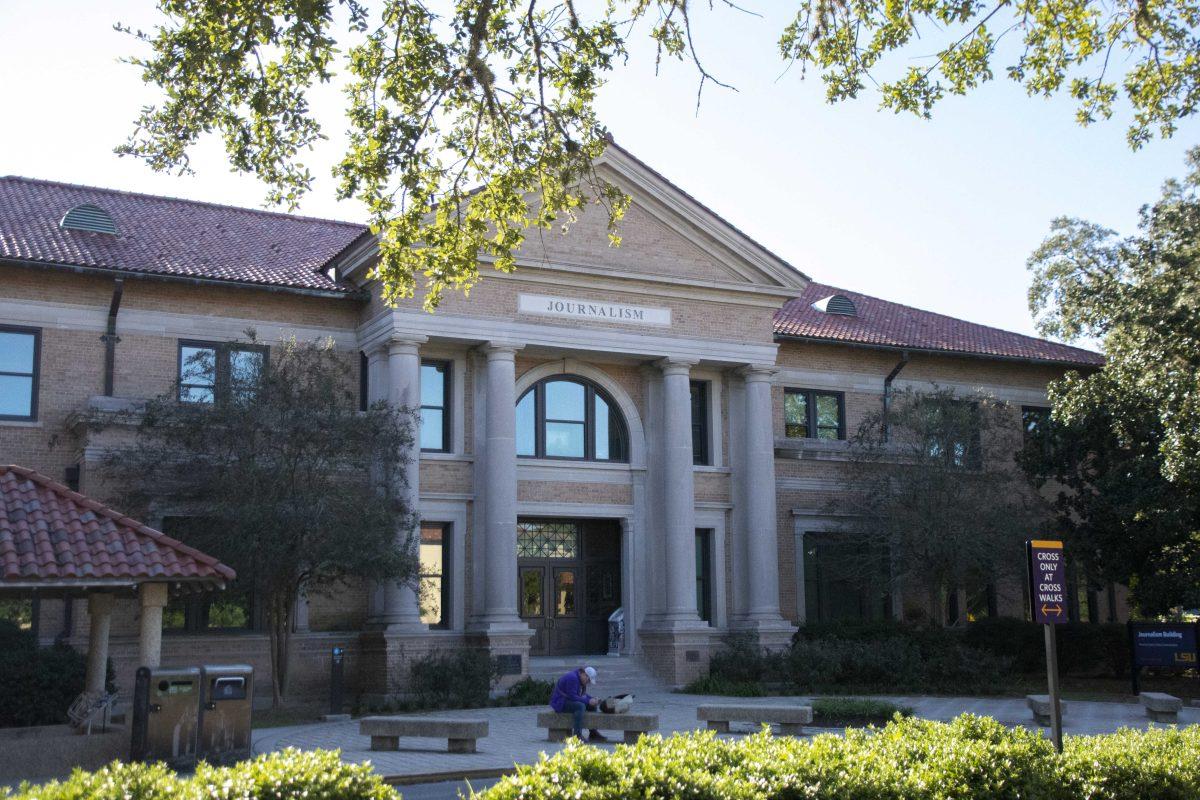Sexually transmitted diseases are on the rise in Louisiana, particularly in East Baton Rouge Parish.
EBR has seen a significant increase in annual cases of STDs, particularly gonorrhea and HIV as well as chlamydia and syphilis.
Louisiana has the third highest rate of syphilis in the nation and the second highest for chlamydia. The state also has the second highest rate of gonorrhea in males aged 15-24 and the third highest rate for females aged 15-24, according to the Center for Disease Control and Prevention.
International management freshman Mia Bowman said she believes the high rates of STDs in Louisiana are partially caused by complacency about STDs.
“I wouldn’t say people don’t care,” Bowman said. “But they don’t care.”
According to the Student Health Center, less than 1% of university students who were tested for STDs at the Student Health Center were positive for syphilis or gonorrhea in 2018.
In 2018, 10% of students tested for STDs at the Student Health Center tested positive for chlamydia. Chlamydia is the most prevalent STD on campus, according to Rebecca Fontenot, director of wellness and health promotion at the Student Health Center.
Untreated STDs can have serious repercussions. According to the CDC, if left untreated, chlamydia can spread to the fallopian tubes and ovaries and cause pelvic inflammatory disease (PID). PID can lead to infertility issues. Gonorrhea can cause PID as well, along with a painful condition in the tubes attached to the testicles. Untreated gonorrhea can also spread into the blood or joints.
Untreated syphilis and HIV are often more dangerous.
Syphilis can develop complications leading to damage to the brain, eyes, heart, blood vessels, liver and joints. Symptoms of chlamydia include pain while urinating, unusual vaginal discharge and pain and swelling in testicles, according to the CDC.
HIV symptoms do not appear until two to four weeks after the infection begins. People may experience flu-like symptoms that may last for weeks, when the virus is most contagious.
Sociology senior Leigh Fresina said the high rates of STDs among young people is partly due to lack of proper education on STDs, since many are unaware of how these diseases are spread.
“Students are irresponsible,” Fresina said. “People think because they’ve never had unprotected sex, they don’t need to get tested.”
The Student Health Center offers the gonorrhea and chlamydia test, GenProbe, for $25. It also offers syphilis testing for $20 and free HIV testing by appointment. The center also organizes promotions for STD testing twice a year, where coupons for free tests are handed out.
Some professors have invited the center to talk about sexual health during class to try and promote awareness of available resources. Fontenot said all students should be tested if they’re sexually active.
“It’s better to catch something early than to wait,” Fontenot said. “If you’re sexually active, get tested on a regular interval that works for you. At least once a year.”
With STDs on the rise in Louisiana, LSU Student Health Center offering regular testing
November 11, 2019
The Student Health Center rests at its location on LSU’s campus on Monday, April 2, 2018.










